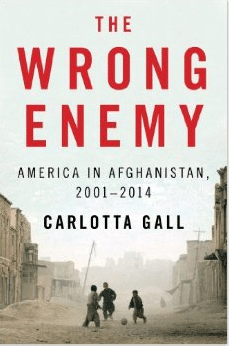Geopolitical Reporting Is Becoming Less Provincial in Outlook
 Remember a hundred years ago when farm parents had almost total control over their children, with little of the outside world coming into the home? No intrusion of a pervasive network of any kind. Newspapers were unanimously patriotic during wartime. Mom and dad ruled the roost and established values and opinions. Kids fell into line.
Remember a hundred years ago when farm parents had almost total control over their children, with little of the outside world coming into the home? No intrusion of a pervasive network of any kind. Newspapers were unanimously patriotic during wartime. Mom and dad ruled the roost and established values and opinions. Kids fell into line.
Television news these days is trying its darnedest to speak with one voice, to the point that broadcasts are hardly distinguishable in providing a quick “establishment” point of view. Naturally, those watching tend to agree with what they’re told. But the Internet and ubiquitous publishing is making available a lot more ways of looking at international conflicts. Good news for people who don’t rely on being spoon fed how to think.
War correspondent Carlotta Gall’s new book The Wrong Enemy: America in Afghanistan, 2001-2014 provides perspectives on both sides of that country’s conflict that simple weren’t readily available in the past. The US must juggle allies and enemies as the diplomatic dance unfolds. The good guys aren’t always so good, and vice versa.
We can also ask to what extent are all religions like the Taliban and Muslim Brotherhood, perhaps carrying the baton for other faiths in an increasingly secular West? Will ferocity and ruthlessness be more and more documented on both sides?
Information overload might well prove toxic to those who truly want to explore an issue. Are online and print readers becoming a new-class of citizen, distinguishing themselves from the 47%ers and television news watchers? If so, the latter group will surely win all the elections, won’t they?
 Remember a hundred years ago when farm parents had almost total control over their children, with little of the outside world coming into the home? No intrusion of a pervasive network of any kind. Newspapers were unanimously patriotic during wartime. Mom and dad ruled the roost and established values and opinions. Kids fell into line.
Remember a hundred years ago when farm parents had almost total control over their children, with little of the outside world coming into the home? No intrusion of a pervasive network of any kind. Newspapers were unanimously patriotic during wartime. Mom and dad ruled the roost and established values and opinions. Kids fell into line.
